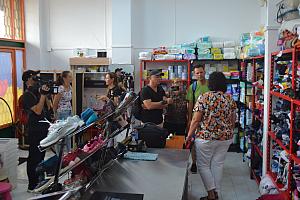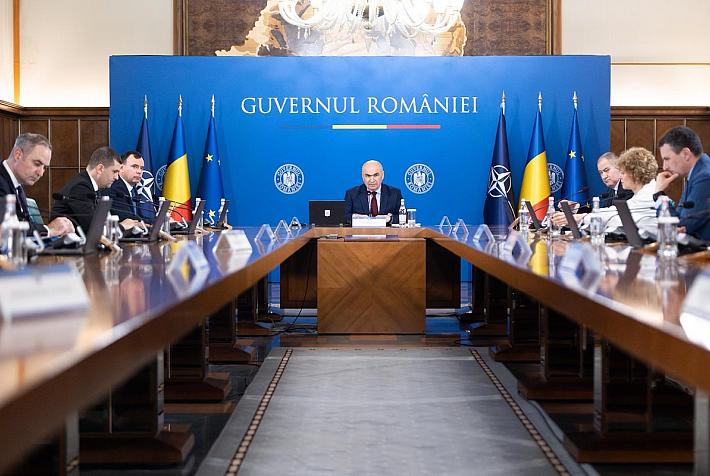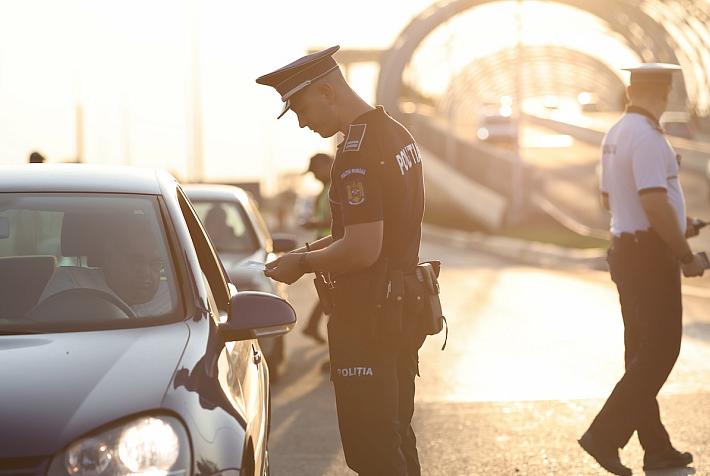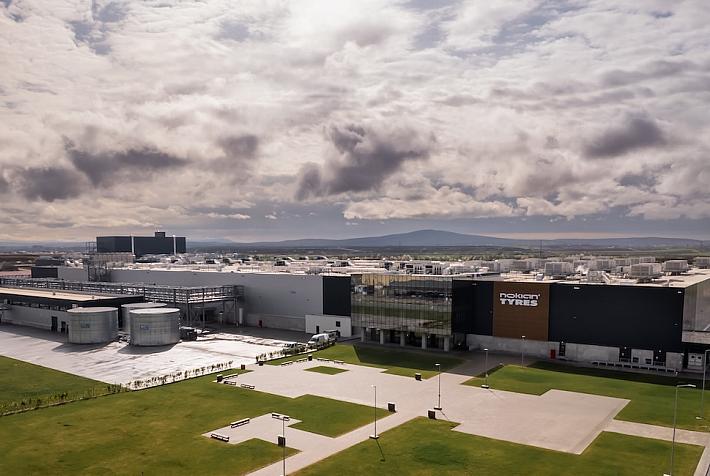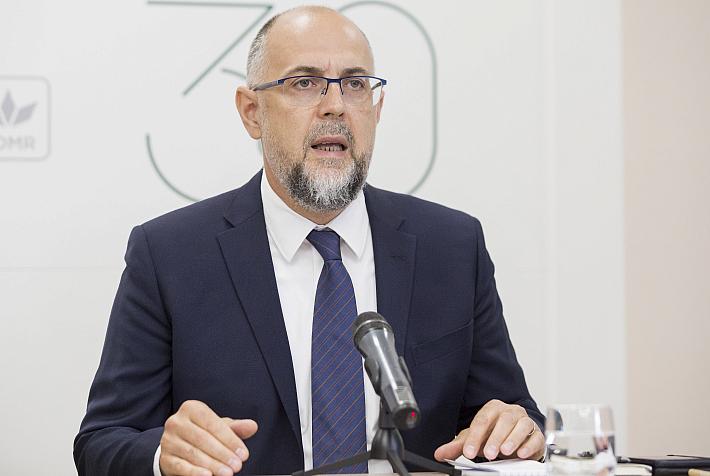A CNN report says Roma refugees fleeing war in Ukraine face discrimination and prejudice in Romania
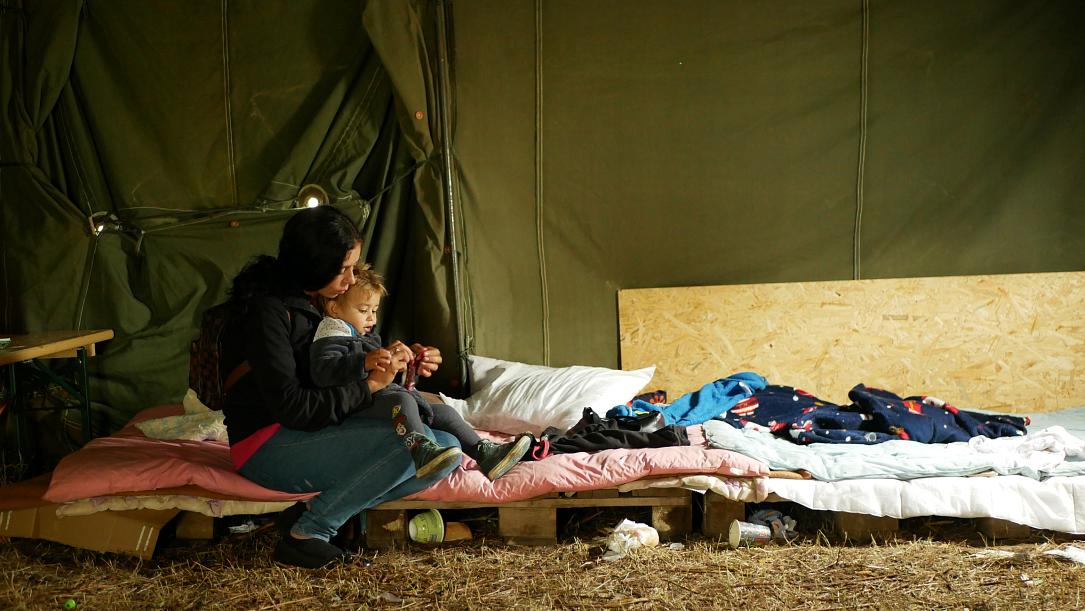
Ukrainian-Roma refugees are discriminated against in Romania and other parts of Europe, says a new CNN report.
Most of the refugees who have left Ukraine have been welcomed by Romania and the rest of Europe and made to feel more or less at home, but those belonging to the Roma community have had a different experience entirely, struggling to find adequate living conditions and facing hostile attitudes.
To shed light on what’s going wrong, CNN journalists conducted a report, featuring cases from Bucharest, Chisinau, and Prague, which they learned of by visiting shelters and speaking to Roma refugees, social workers, and activists from these cities.
"In all three countries," says the report, "the problems Roma refugees face are uncannily similar."
Additional accounts from Poland, Slovakia, and Hungary suggest such discrimination is common across eastern Europe.
"Roma refugees from Ukraine are routinely accused of not being Ukrainian; they are segregated in low-quality accommodation. According to several NGOs, many are given misleading information about their rights; and issues that are easily solved when faced by others who've fled Ukraine -- such as missing passport stamps -- are often used as a reason for them to be turned away," it continues.
One of the activists that CNN spoke to is Romanian Roma rights campaigner Nicu Dumitru, who works for Aresel, a Bucharest-based Roma civic education initiative that began helping the refugees fleeing Ukraine earlier this year after receiving multiple reports of discrimination.
Dumitru told the news outlet that the refugee crisis has shone a light on the kind of hostility Roma people are still facing in present-day Europe.
"Being discriminatory against Black people or gay people is becoming less acceptable in Europe, or at least people restrain themselves from doing it in public. That's not the case with the Roma, which are probably the last group of people it’s socially acceptable to discriminate against in Europe," he said.
He told CNN about a specific event in April when a large group of Roma refugees was denied meals at a humanitarian help point in Bucharest and was kicked out of the establishment for being 'loud' and for 'eating too much'.
According to Dumitru, the people working at the center turned them away saying "You're not Ukrainian, you're Roma, go away!".
Across the border in Moldova, CNN spoke to Roma mediator and journalist Elena Sirbu, who shared her own stories of the horrifying way Roma are being treated at the refugee centers in the Moldovan capital, Chisinau.
Elena Sirbu first came to the centers when she was asked by the authorities to help "handle the situation”, but after witnessing the discriminatory practices going on there, she instead became an advocate for the Roma refugees.
"When I saw the ignorance and the attitude...these people ran away from the war, they came here, it was cold outside, some of the children had no winter shoes, and they asked for a cup of tea or diapers, and the Moldovian authorities told them to go away. They accused them of not being refugees. They said 'we want normal people,'" she told CNN.
Unsurprisingly, the authorities and the various responsible organizations completely deny any accusations of them being prejudiced and discriminating against Roma refugees, not wanting to take responsibility for what is happening in their own 'jurisdiction'.
Both ADRA, the group distributing the meals at the Bucharest help point, and the Moldavian government’s Crisis Management Center told CNN that they uphold the principle of non-discrimination and respect human rights, regardless of race, skin color, nationality, and ethnicity. While ADRA added that "the incident which was caught on camera had been taken out of context and led to a false idea of discrimination and intolerance against Roma people."
It is a bitter reality that Roma communities, who CNN says have faced persecution and discrimination in Europe ever since they first came to the continent hundreds of years ago, from India, including mass killings during the Holocaust, are still struggling to gain basic human rights and respect today.
According to the European Union Agency for Fundamental Human Rights, roughly 90% live below the poverty line, while the EU Fundamental Rights Agency's 2019 Roma and Travellers Survey notes that nearly half of Roma and Travellers in the EU countries surveyed feel discriminated against in at least one area of life and have experienced hate-motivated harassment.
(Photo source: Vynikal | Dreamstime.com)







